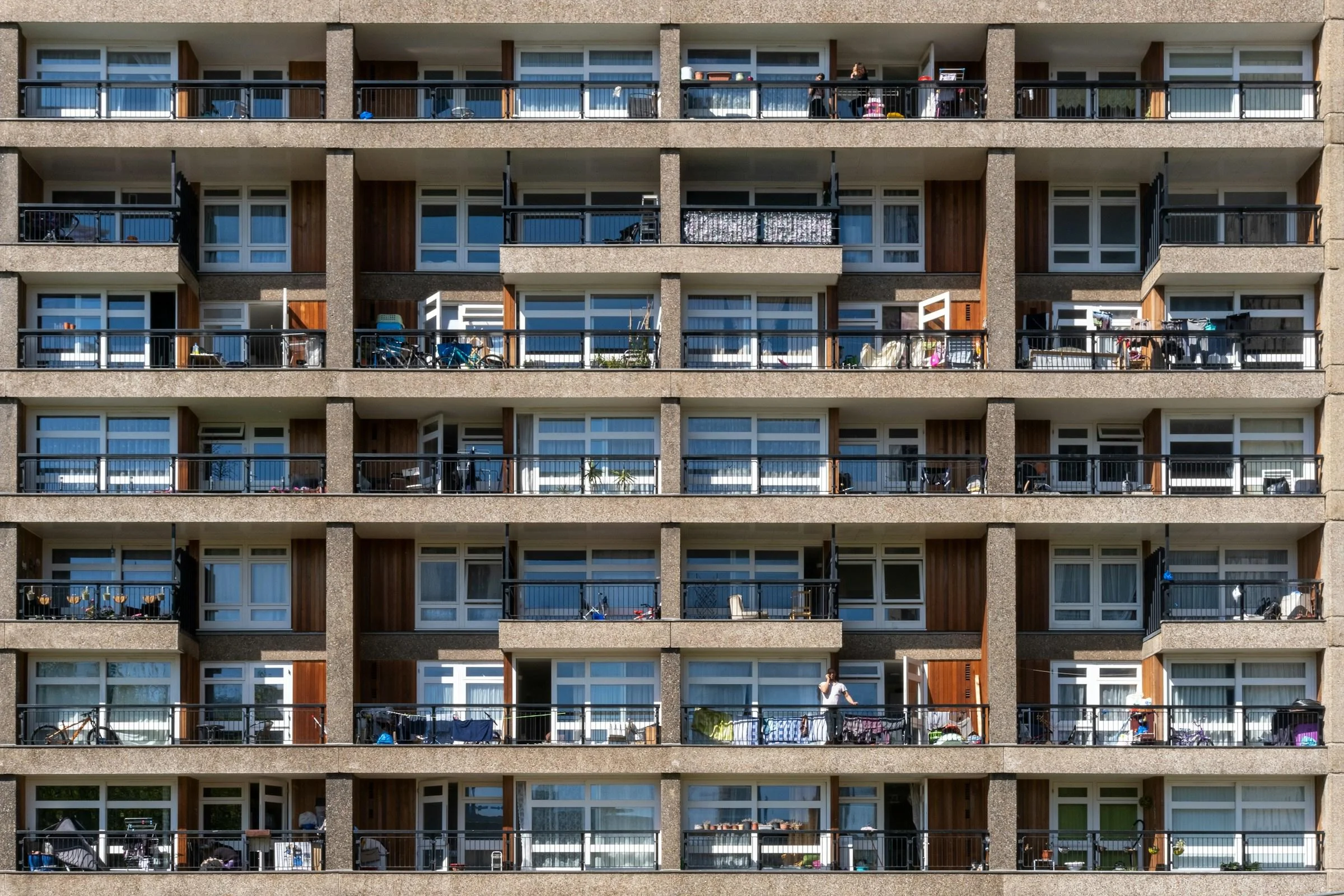London boroughs face £740 million temporary accommodation shortfall

Researchers at LSE have found that eight London boroughs spent a combined £543 million on temporary accommodation in 2024/25, with all London boroughs facing an estimated £740 million temporary accommodation shortfall, equivalent to £202 per household.
The amount national government reimburses councils’ temporary accommodation spend has been frozen for 14 years and only a portion of the £543 million spent was offset by the government’s housing benefit subsidy and other dedicated funding streams – leaving a shortfall of £223 million, which had to be met from boroughs’ already stretched budgets.
The report, commissioned by London Councils, the London Housing Directors’ Group and Society of London Treasurers has laid bare the scale of London’s homelessness crisis, revealing that boroughs are now spending the equivalent of 11% of every household’s council tax bill on temporary accommodation alone. This is equal to one in every nine council tax pounds spent by boroughs.
Further London Councils analysis has shown that boroughs are now spending £5.5 million a day on homelessness in 2024-25 – up from £4.2 million a day in 2023-24.
Local authorities have a legal duty to provide temporary accommodation to homeless households qualifying for support under housing law, making it impossible for councils to place strict limits on their homelessness expenditure.
The widening gap in boroughs’ spending on temporary accommodation and the funding it receives from government is further compounded by rising costs in London’s private rented sector, where the majority of temporary accommodation must be sourced.
Seven London boroughs already rely on Exceptional Financial Support from the government – the highest rate of any region – and without urgent reform to the temporary accommodation system, London Councils warns that more boroughs will be brought to the brink of bankruptcy.
The scale of the temporary accommodation crisis is having profound consequences. One in every 21 children in London is now growing up in temporary accommodation – equivalent to one child in every classroom. Meanwhile, the soaring cost is draining councils’ budgets and putting other vital local services at risk.
Councillor Grace Williams, London Councils’ Executive Member for Housing and Regeneration, said: “Boroughs are doing everything they can to support homeless families, but the system is buckling under the strain. The housing benefit system has failed to keep pace with reality – and councils are paying the price. We urgently need government to step in with emergency funding and long-term reform to prevent more families falling into homelessness and more councils facing financial collapse.”
Kath Scanlon, Distinguished Policy Fellow and Deputy Director of LSE London said: “The current system for funding temporary accommodation has developed in a piecemeal way over many years, with key decisions gradually shifting the financial burden from central government to local authorities. Nowhere has this been more damaging than in London. Our research shows that the cost of temporary accommodation has become a significant and unsustainable pressure on borough budgets, forcing councils to divert resources away from other essential services.”
London Councils is calling for the following immediate reforms to the system:
Increase Housing Benefit support for temporary
accommodation
The housing benefit subsidy for temporary accommodation has been frozen since
2011 whilst rental costs have risen significantly, representing a direct cost
shunt from the DWP to council taxpayers. Raising the subsidy to match current
Local Housing Allowance (LHA) rates would bring much-needed funding into
councils and help close the growing gap between income and expenditure.
Boost Local Housing Allowance rates across the board
LHA rates also need to increase more widely to reflect the true cost of private
rents. Too many low-income Londoners are struggling to find homes within LHA
limits, putting them at risk of homelessness and adding pressure to temporary
accommodation services.
Provide capital funding for councils to build or buy
homes
Instead of paying unsustainable amounts to private landlords, government should
invest in council-led housing. Giving boroughs capital funding to build or
acquire properties would improve both the quality and value of temporary
accommodation – and help meet long-term housing needs.
The full report is available here .